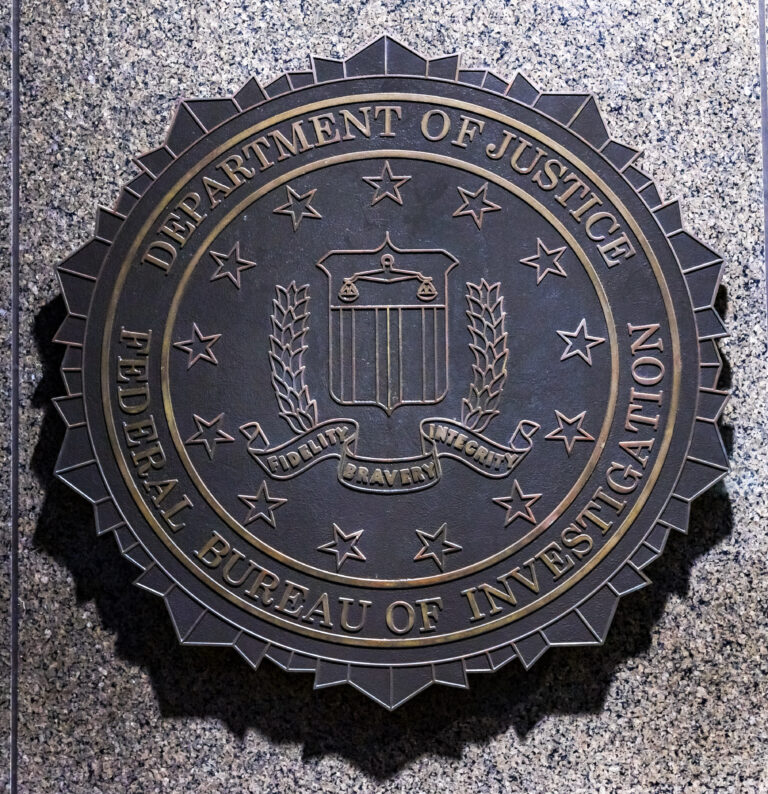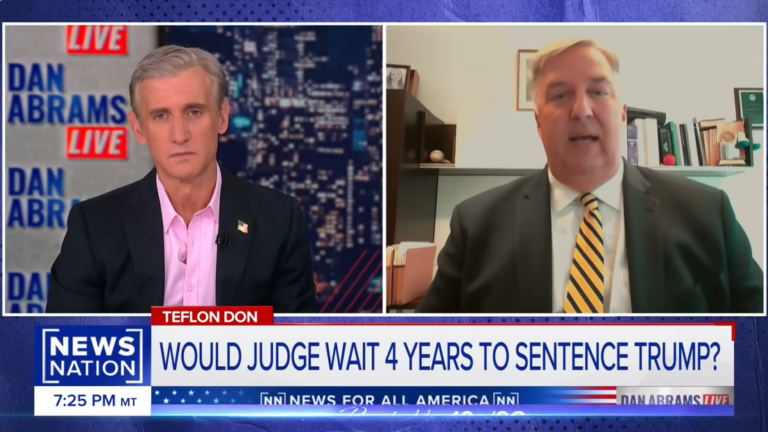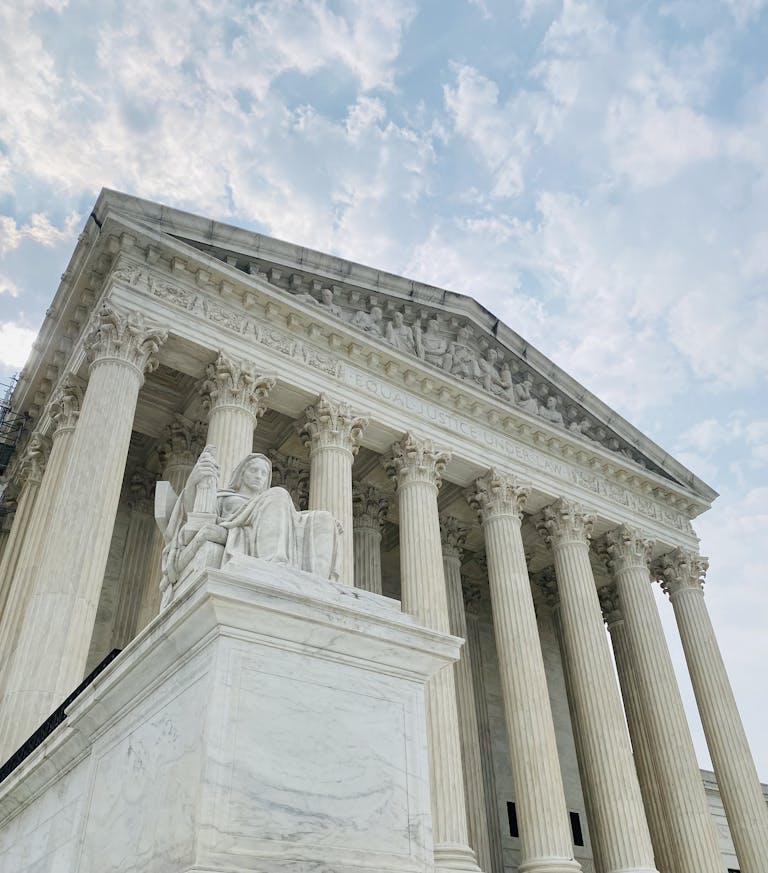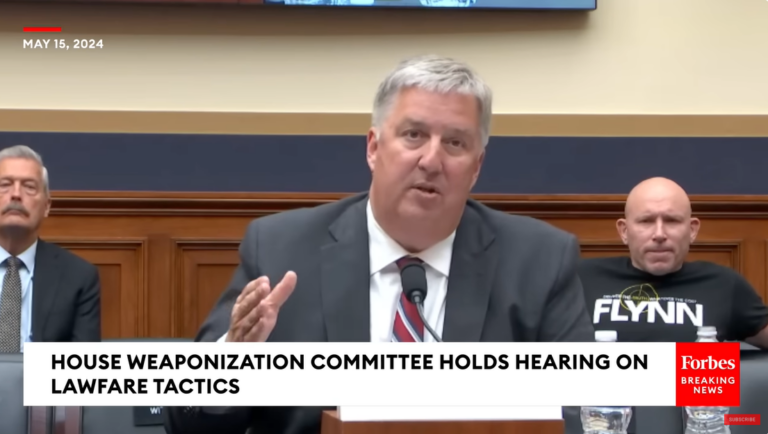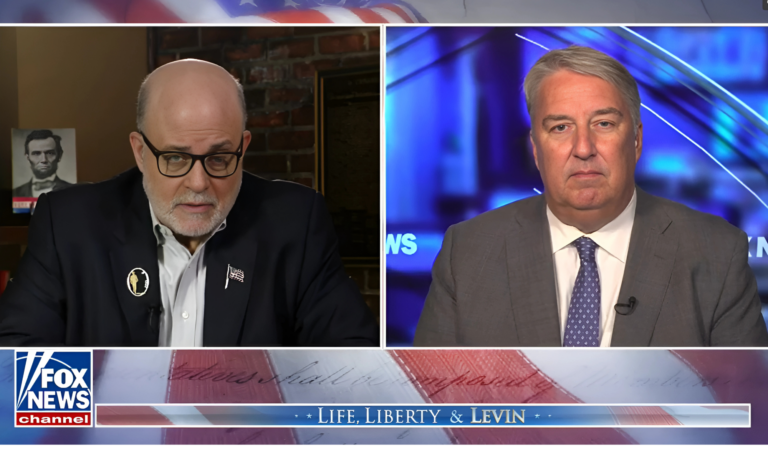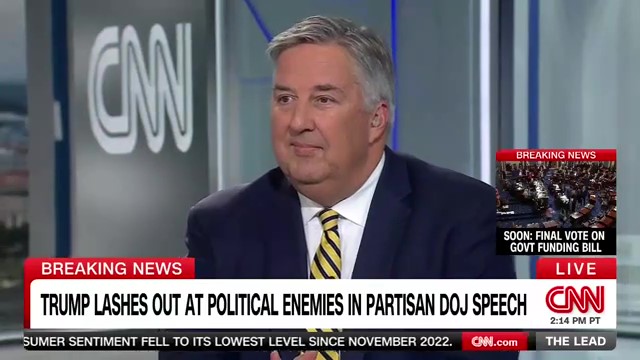Will Free Speech Become Expensive for Big Tech?
Section 230 of the Communications Decency Act 1 is the federal law that allows internet platforms to host online content without fear of lawsuits based on third party content. In other words, for hosting free speech, internet providers are given immunity from liability if the speech somehow crosses the line from protected free speech into unprotected territory (defamatory, criminal solicitation, etc.). With the recent presidential and congressional election results, change is almost certainly coming.
With Section 230’s passage in 1996, free speech proponents attempted to take content moderation out of the hands of the social media platforms and into the invisible hand of free market economics. If speech seemed hateful or incendiary, the consumer was free to move on to another more comfortable website, but the host was immune from potentially crippling litigation.
In practice, however, the last few years have shown an unexpected twist on behalf of the social media giants. They took advantage of a “best of both worlds” approach — regulating and suppressing content, while still enjoying Section 230’s broad protections. After years of complicity, Mark Zuckerberg submitted an apologetic letter to Congress this summer,2 acknowledging that the Biden administration successfully pressured Meta to censor COVID-19 opinion. He sheepishly described the Hunter Biden laptop suppression as a “temporary demotion” of the story (which included a ban of the New York Post’s reporting of the story) while awaiting “fact checkers.” Google leadership, meanwhile, consistently claims “impartiality” despite improbable instances of algorithm failure, such as the inability to find President Trump’s attempted assassination story for days after the Butler, PA shooting. And even before his Twitter takeover, Elon Musk was decrying government and Big Tech censorship on the platform.
Now the prominent advocate of free speech, Musk spends his days and nights basking in the glow of President Trump’s dinner parties at Mar-a-Lago. He has been named the leader of the snarkily-named Department of Government Efficiency, where he will be poised to bring his genius and drive to an unspecified range of government waste issues.
The looming question, however, is a narrow one with a potentially wide impact – will someone now revoke or modify Section 230? This summer, the Supreme Court demonstrated a serious reluctance on behalf of the judiciary to wade in on social media censorship. A number of State Attorney Generals successfully proved to the 5th Circuit that there was a “whole of government” approach to censoring speech (primarily dealing with COVID, vaccines, and federal elections) where they alleged cozy revolving-door relationships between once-federal law enforcement officials now employed by social media giants and their former compatriots, who pushed them to address “dangerous” speech and speakers who needed censorship. The Supreme Court, however, overturned the nationwide injunction on censorship collusion, on grounds of standing.3 While the concept of proving injury is an understandable component of litigation, proving government/tech collusion caused specific harm to an individual seems a monumental task. In short, do not bet on the Supremes to do the dirty work of untangling social media censorship and immunity issues.
Congress has shown a willingness to perpetually complain about social media and Section 230, bring in high profile CEOs for televised cross examination, and then move on to the next issue without addressing the immunity and censorship issue.
The Executive Branch has behaved similarly—seemingly happy to accept bland claims of “it won’t happen again” during the Biden Administration. President Trump, however, recently issued a video statement, enthusiastically re-posted by Musk, in which he announced detailed plans to attack censorship.
The plan begins with an executive order banning federal departments from colluding with social media to censor speech, banning federal money from being used to label content as “disinformation” or “misinformation,” and firing every federal employee who participated in censorship. The president-elect pledges to have DOJ investigate for criminal violations, and to submit a bill revising Section 230 to “get [social media platforms] out of the censorship business.” President Trump is pledging to create tougher anti-censorship laws, to eliminate shadow bans, and to create new standards of transparency and neutrality.
Whether the combination of Executive Order and legislative change can be fully enacted remains to be seen. Musk’s involvement on this issue is a true wildcard – he has been viewed as a free speech champion and one who transformed partisan-Twitter into open conversation-X. But will Musk support ideas of dramatically revising the preconditions for immunity or will he view his Big Tech colleagues as capable of genuinely following up on their recent pledges of neutrality? Has Musk already weighed in privately with President Trump – which could explain President Trump’s stated intention to revise Section 230 rather than eliminate it?
A second term presidency with a majority in the House and Senate suggests bold action is coming. No doubt President Trump took it personally when the modern media buried the Hunter Biden laptop story and seemingly tilted the scales against his election chances. But I would expect that the ability to deter and limit federal employees taking part in censorship and cronyism will be the quick fix, perhaps in combination with a voluntary end to shadow bans by the social media titans. Real change to the limits of Section 230 immunity may depend on the historically timid Representatives, and a House bringing the barest of majorities to the Republican party. Corralling sustained support from that group may take some time, and delay may not end up being on the side of the new President if the mid-term tilts the precarious party balance.
- 47 U.S.C. § 230 ↩︎
- https://x.com/JudiciaryGOP/status/1828201780544504064/photo/1 ↩︎
- Murthy v. Missouri, 144 S. Ct. 1972 (2024) ↩︎
Article originally published on Ifrah Law blog, “FTC Beat”


